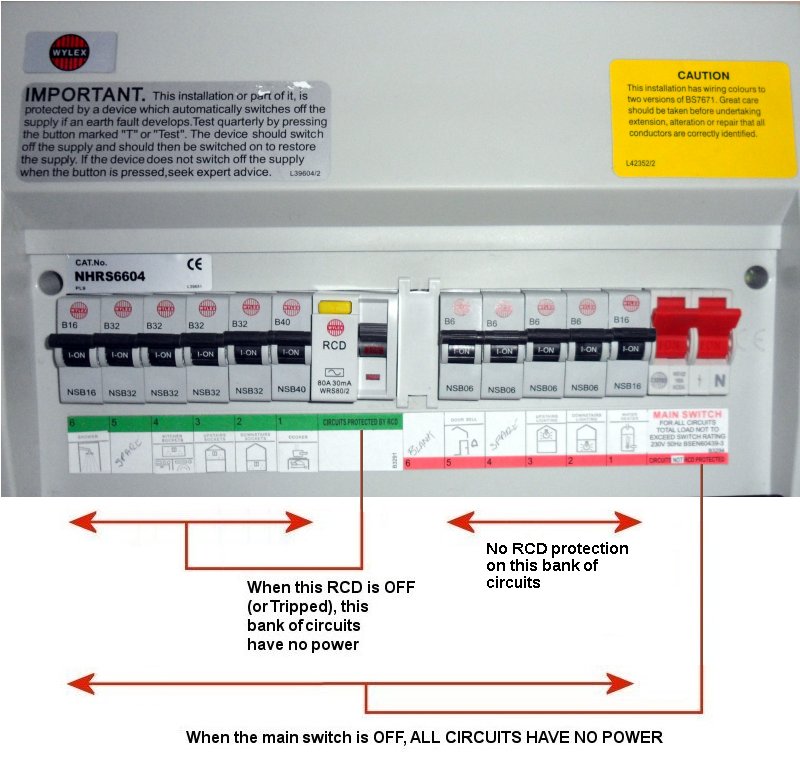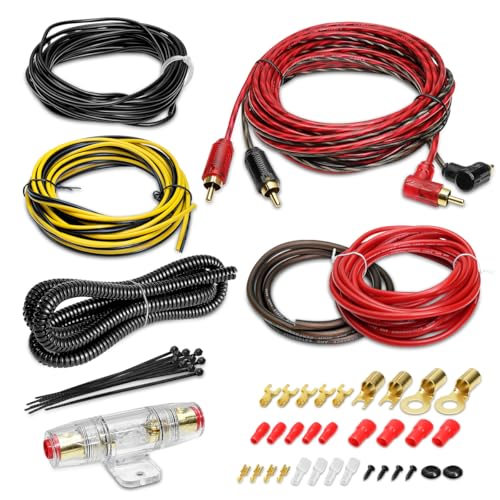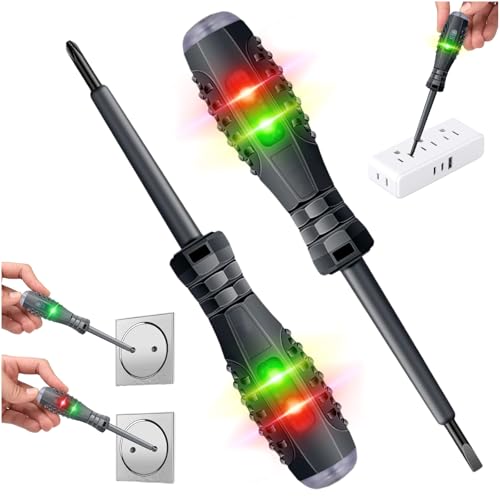I think our posts crossed but see my last post for comments on RCDs on lighting ccts.I seemed to have pressed 'post' more than once on that last reply. Goin on what you say, I have only one rcd thats connected to sockets and the cooker. Everything else doesnt have one. Mind you the first box has a label that states part is protected by rcd. Nothing like that on the fusebox for the shower. So whats the next step, have an electrician connect an rcd to the lights and is that absolutely neccessary. Shower? Should that switch have an rcd and if there are regulations for these things then why would the original building contractors not have fitted these?
As to the shower, It is a similar situation. IF everything else is ok (eg supplimentary bonding, equipotential bonding etc) then it will not be classed as potentially dangerous and was probably ok according to the regulations in place at the the time it was installed. However the regulations have moved on this then and so, if it was to be installed now, it would have an RCD fitted (as would lights for that matter). (note the probably above, it all depends on how and when it was installed)
Again it is down to risk, there is less risk with a shower compared to a metal light switch in that (normally at least) the shower doesn't have any external metal parts that could become live in the case of a fault. On the other hand, if something did become live then the risk to you is much higher as you will be naked and covered in water when you touch it. Plus if you ever did any DIY in the shower area (eg fit a soap tray or rail) and hit the shower cable then you could make that tray/rail etc live.
These sort of reasons is why the latest regulations say that all circuits in a room with a bath or shower are required to be RCD protected.

































































